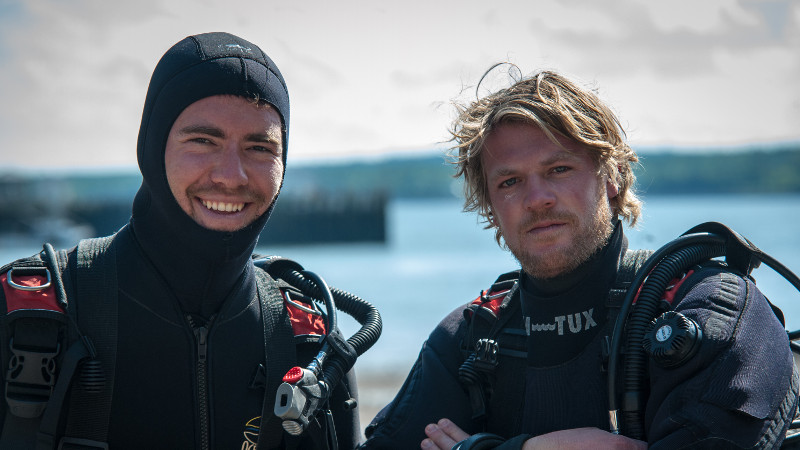People
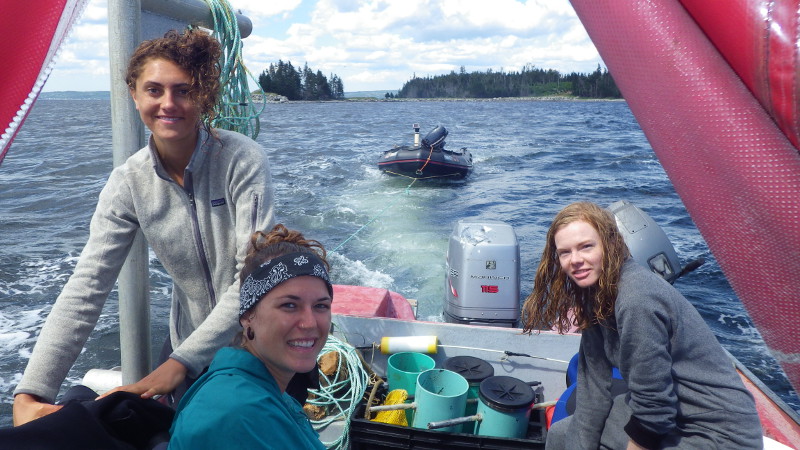
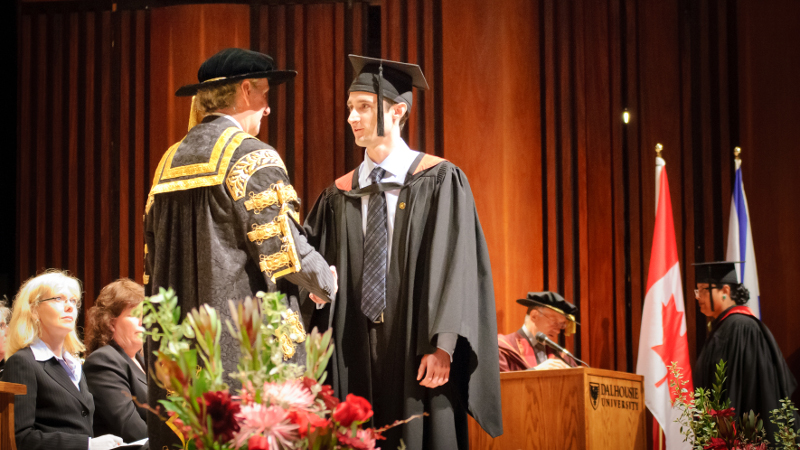
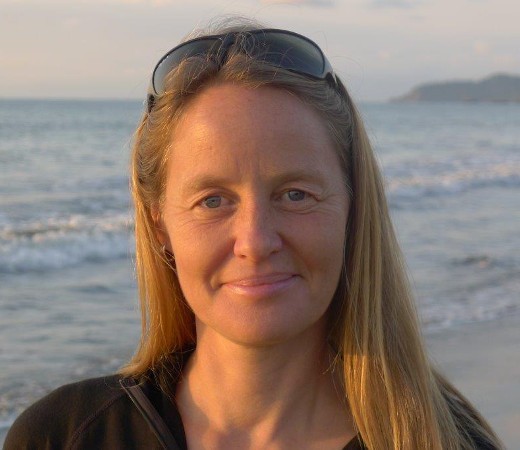
Heike Lotze
Distinguished Research Professor, Canada Research Chair in Marine Renewable Resources (2006-2016)
My research is shaped by a strong interest in past, present and potential future human impacts on marine species and ecosystems. Human activities such as fishing and hunting, habitat alteration, and nutrient loading have influenced marine ecosystems for millennia, but strongly accelerated over time and expanded from the coasts to the open ocean. My work aims to reconstruct the long-term history of human-induced changes and understand their causes and consequences for the structure and functioning of marine ecosystems today and in the future.
- Email: hlotze@dal.ca
- Location: Biology Department, Dalhousie University
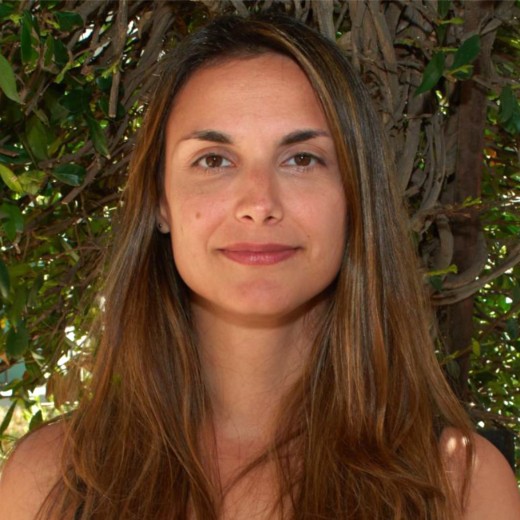
Donna Dimarchopoulou
International Post-doctoral Fellow, PhD
Climate change is already affecting marine ecosystems and shifting species from their historical ranges into previously unsuitable and sometimes poorly protected environments. The Northwest Atlantic is an ideal region to study ocean change because of its more rapid rate of warming. My research aims to assess climate change effects as reflected in fisheries catches of the NW Atlantic Ocean, including both Canadian and US waters, using the mean temperature of the catch (MTC) index. It ultimately aims to inform future fisheries management strategies about regional and transboundary shifts in species and catches, so that management can adequately respond and adapt to the challenges of accelerated environmental and ecosystem change.
- Email: ddimarch@dal.ca
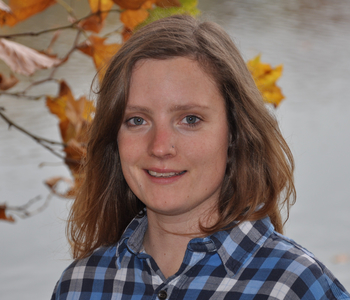
Andrea Buchholz
Post-doctoral Fellow, PhD
Major biological changes in marine ecosystems have been associated with a changing climate both in the past and into the future. These changes have significant consequences for marine ecosystem structures and functioning, associated ecosystem services, and marine conservation and management measures. My research aims to project expected future changes in the composition and dynamics of marine ecosystems in the Northwest Atlantic Ocean under different climate change scenarios, and how marine management and conservation need to adapt to ensure the protection of marine biodiversity and the sustenance of fisheries and other ecosystem services into the future. Results will help inform the development of effective and climate-adaptive conservation and management strategies.
- Email: andrea.buchholz@dal.ca
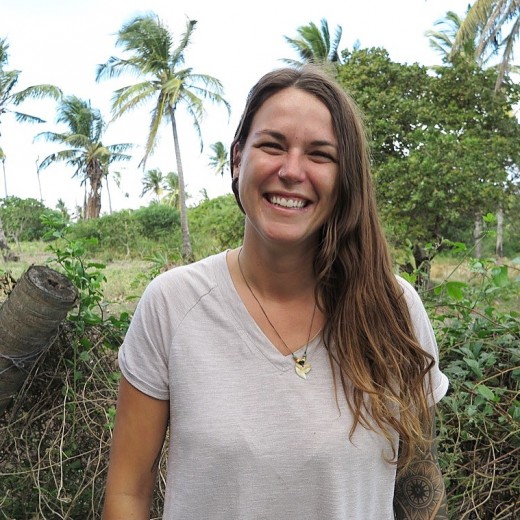
Nakia Cullain
PhD Student, MSc
As an early career scientist, my overall objective is to improve marine conservation and management of marine resources in developing countries, particularly within Southern Africa. My current research involves predatory fish surveys, nudibranch ecology, humpback whale studies, and biodiversity assessments of reefs in Mozambique, although my primary research is focused on manta rays (Mobula alfredi and Mobula birostris) which have strongly declined along this coastline. I am using photo-identification and laser photogrammetry to gather data on population dynamics, migration patterns, and environmental variables that influence manta ray distribution and abundance. Using satellite and acoustic telemetry, I plan to investigate fine-scale movement patterns and highlight critical habitats that need to be protected in order to conserve the remaining individuals of the population.
- Email: nakia@zavoralab.com
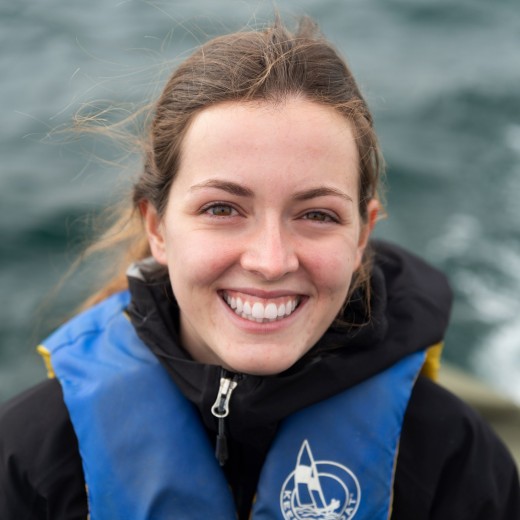
Emily Cormier
Masters Student, Marine Biology
Shark and ray populations have been in steep decline worldwide, primarily due to the effects of overfishing and bycatch. Marine Protected Areas (MPAs) can offer ecological refuges to these species; however, due to large knowledge gaps in species movements, it can be difficult to determine placement of new MPAs. My interests are rooted in using technological advancements to fill these knowledge gaps in shark and ray species habitat use. For my research project, I will use satellite imagery to characterize benthic and pelagic habitat distributions along the nearshore zone of Mozambique, home of critically endangered shark and ray species. Combined with available tagging data, my work aims to better understand species habitat use and preference to help inform policies for the protection of critical habitats of at-risk species.
- Email: Emily.Cormier@dal.ca
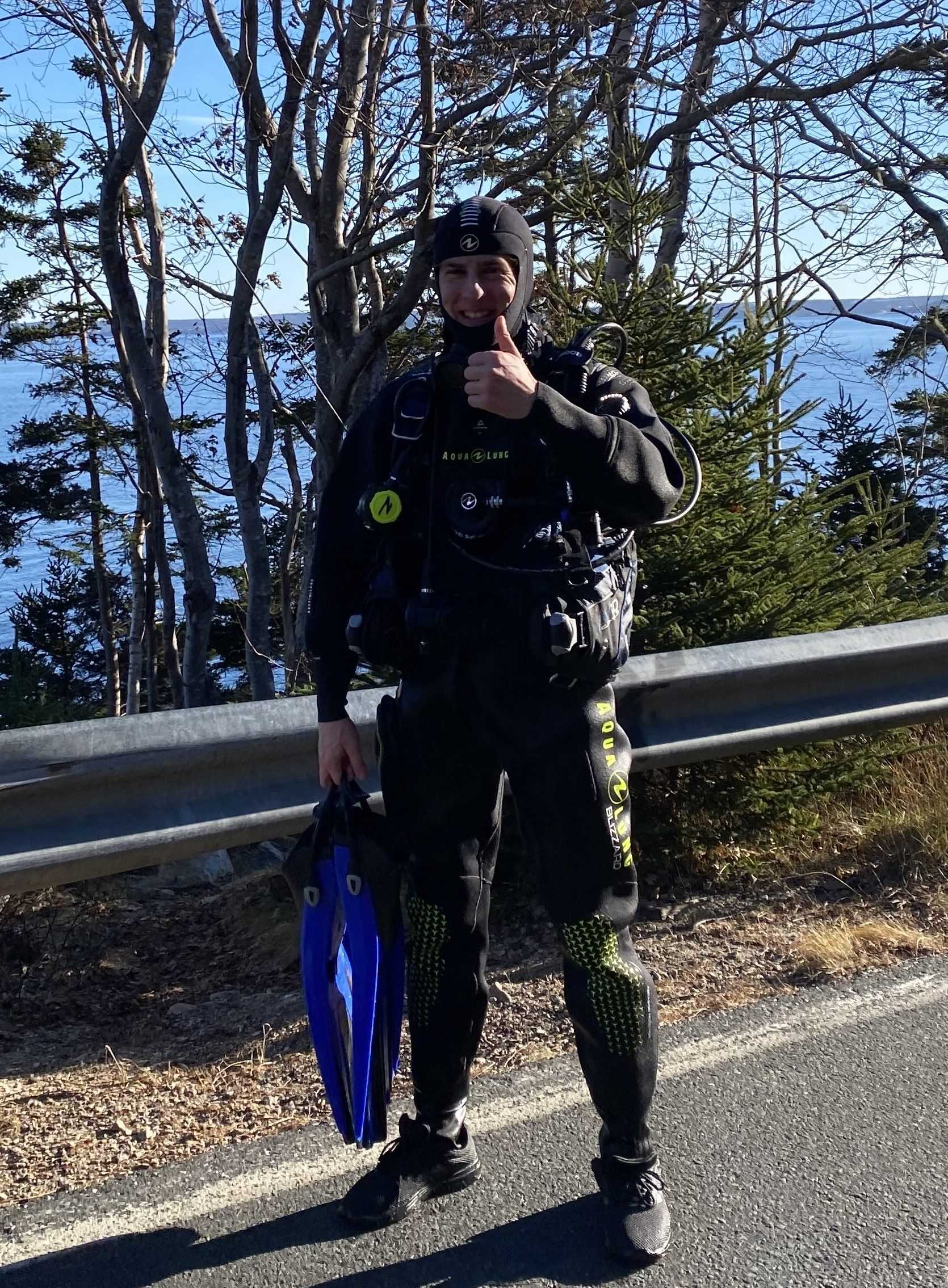
Dave Ross
Honours Student
Seagrass meadows are globally in decline with an estimated 1/3rd of all seagrass area lost over the past century. Several countries have started seagrass restoration efforts to restore these important ecosystems – in Nova Scotia, the newly formed Community Eelgrass Restoration Initiative (CERI) is conducting restoration and research to replant eelgrass meadows. This project aims to conduct a comparative study to grow eelgrass from seed and mature plants on a variety of different growth media in a laboratory setting to provide insights to foster restoration efforts in the field.
- Email: dv471994@dal.ca
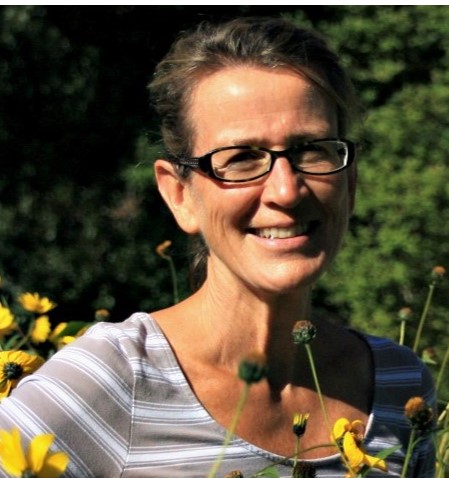
Inka Milewski
Research Associate
Human activities have a wide range of impacts on terrestrial, coastal and marine ecosystems that alter their structure and functioning, and the services they provide to human well-being. My work aims to uncover and quantify the effects of pollution, nutrient loading, habitat alteration, fisheries and aquaculture with the goal to inform policy and the public, and improve the management and conservation of natural ecosystems.
- Email: milewski@nbnet.nb.ca
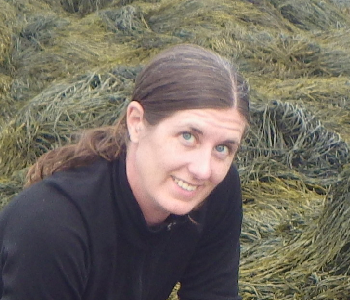
Allison Schmidt
Research Associate, PhD
Coastal ecosystems are among the most productive and most impacted by anthropogenic activities in the world due to current and past human pressures. My research interests focus on the effects of various human stressors on the structure and services of seagrass and macroalgal dominated ecosystems. Along with salt marshes and mangroves, they can be found in coastal waters around the world can rival terrestrial biomes in their provision of essential ecosystem services. Understanding their contribution and how it may be altered by human activities is essential for the proper management and conservation.
- Email: Allison.Schmidt@dal.ca
Past Lab Members
Post-doctoral Fellows
Donna Dimarchopoulou (PDF, 2022-2024)
Andrea Bryndum-Buchholz (PDF, 2020-2025)
Grace Murphy (PDF, 2017-2021)
Tyler Eddy (PDF, 2011-2016)
Francesco Ferretti (PDF, 2011-2014)
Christine Ward-Paige (PDF, 2010-2011)
Marta Coll (PDF, 2007-2011)
Graduate students
Nakia Cullain (PhD, 2021-2026)
Emily Cormier (MSc, 2021-2024)
Francheska Krysiak (MMM, 2020-2022)
Kriste Makareviciute (PhD, 2015-2021)
Andrea Bryndum-Buchholz (PhD, 2016-2020)
Kristen Wilson (MSc, 2015-2017)
J Scott McCain (MSc, 2014-2016)
Nakia Cullain (MSc, 2014-2016)
Reba McIver (MSc, 2012-2015)
Lauren Kay (MSc, 2012-2015)
Alexandra Vance (MMM, 2012-2013)
Anna Magera (MSc, 2008-2011)
Christine Ward-Paige (PhD, 2007-2010)
Francesco Ferretti (PhD, 2007-2010)
Sean Anderson (MSc, 2007-2010)
Nancy Deschu (MMM Program, 2007-2009)
Allison Schmidt (PhD, 2006-2012)
Honours students
Dave Ross (BSc Marine Biology, 2024-2025)
Cailin Randall-Scott (BSc Marine Biology, 2021-2022)
Molly Wells (BSc Marine Biology, 2021-2022)
Victor Papaiz (BSc Marine Biology, 2020-2021)
Isabelle Hurley (BSc Marine Biology, 2017-2018)
Faelan Prentice (BSc Ocean Studies, 2017-2018)
Troy Palmer (BSc Marine Biology, 2017-2018)
Elizabeth Nagel (BSc Marine Biology, 2016-2017)
Jake Abbott (BSc Biology, 2015-2016)
Annabel Westell (BSc Marine Biology, 2015-2016)
Kristen Wilson (BSc Marine Biology, 2014-2015)
Mizuho Namba (BSc Biology, 2014-2015)
Duncan Baker (BSc Marine Biology, 2013-2014)
Nakia Cullain (BSc Marine Biology, 2013-2014)
Kim Nguyen-Phuoc (BSc Biology, 2013-2014)
Richard (Simon) Lay (BSc Marine Biology, 2012-2013)
Haley Guest (BSc Environmental Sciences, 2012-2013)
Jessica Ellis (BSc Marine Biology, 2011-2012)
Lauren Kay (BSc Marine Biology, 2011-2012)
Gregory Britten (BSc Marine Biology and Statistics, 2010-2011)
Jessica Wysmyk (BSc Marine Biology, 2007-2008)
Alison Battersby (BSc Marine Biology, Bournemouth University, UK, 2007-2008)
Sean Anderson (BSc Environmental Sciences, 2006-2007)


